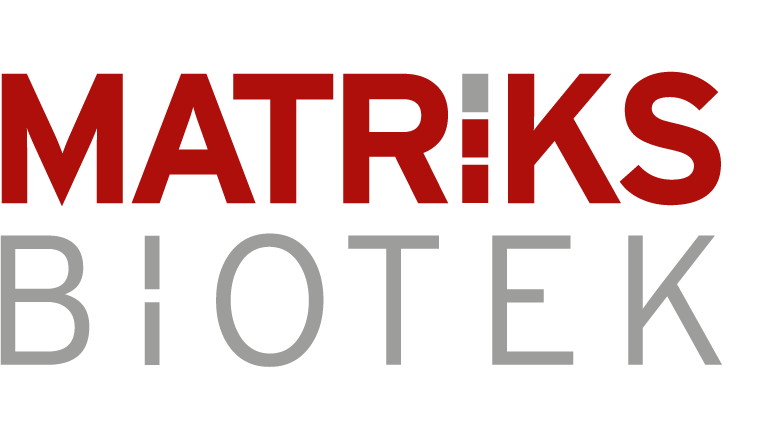Anti-Tocilizumab antibodies are immunogenic responses produced by the host immune system against Tocilizumab, a humanized monoclonal antibody targeting the interleukin-6 (IL-6) receptor. Tocilizumab is widely used for treating chronic inflammatory autoimmune conditions such as rheumatoid arthritis (RA), systemic juvenile idiopathic arthritis (soJIA), Crohn’s disease (CD), systemic lupus erythematosus (SLE), vasculitis, and giant cell arteritis. However, the formation of anti-drug antibodies (ADAs), particularly neutralizing antibodies, may affect drug efficacy by inhibiting receptor binding or altering pharmacokinetics.
Monitoring for anti-Tocilizumab antibodies is essential in clinical settings to assess reduced therapeutic response, unexplained disease flare-ups, or altered drug clearance. The detection of these antibodies—through assays such as bridging ELISAs or neutralizing antibody assays—can inform clinicians whether immune-mediated loss of drug effectiveness is occurring. Persistent or high-titer anti-Tocilizumab responses may necessitate changes in dosing strategies, immunosuppressive co-medications, or even transitioning to alternative biologic therapies.
In research, anti-Tocilizumab antibody studies contribute to the understanding of immunogenicity patterns in biologic treatments. Data gathered through clinical trials and post-marketing surveillance supports the refinement of therapeutic regimens and development of less immunogenic formulations. Furthermore, insights into patient-specific immunogenic responses may improve stratification methods and personalize treatment plans for autoimmune and inflammatory disorders.
This product is manufactured in Turkey by Matriks Biotek.

